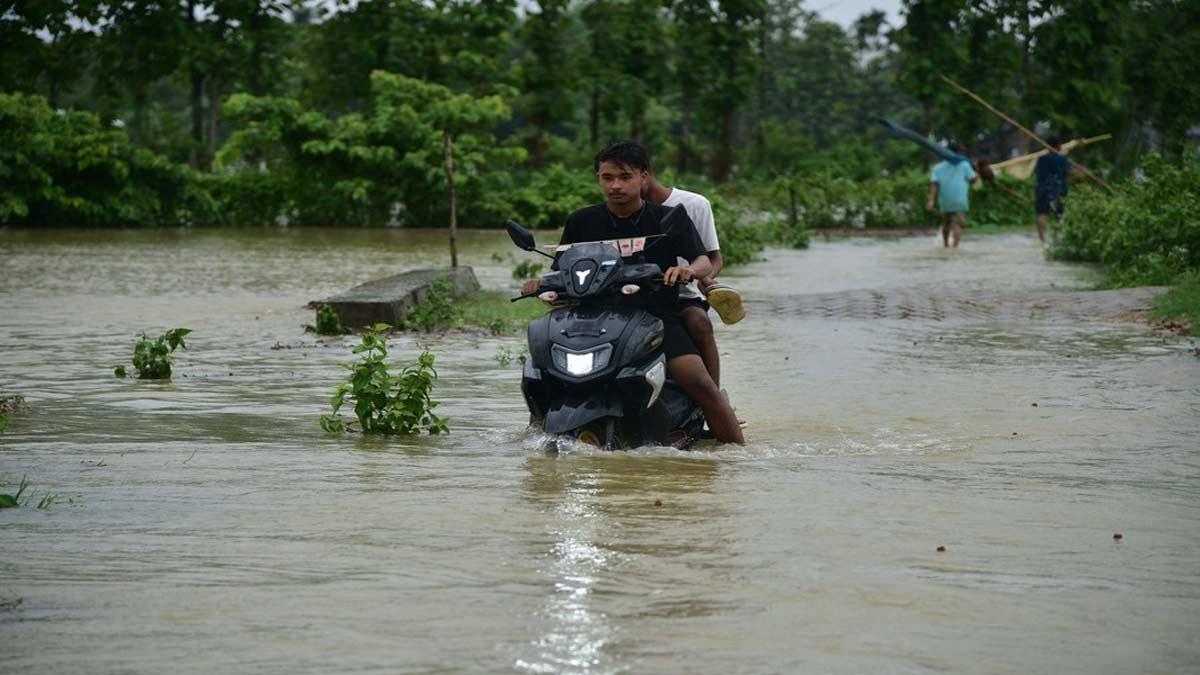A recent international study led by Australian National University (ANU) researchers, published by the Global Water Monitor Consortium, revealed that record-high global temperatures in 2023 contributed to worsening droughts, floods, and wildfires. The study highlighted that the increased sea surface and air temperatures are influencing the growing intensity and strength of monsoons, cyclones, and other storm systems.
Albert van Dijk, lead author of the study from ANU's Centre for Water and Landscape Dynamics and chair of the consortium, noted that the findings demonstrate a global pattern underlying recent intense storms worldwide. The study emphasized that warmer sea temperatures fueled unexpected and deadly behaviors in cyclones, with the expectation of more extreme events in the future.
Data from the European Union's Copernicus Climate Change Service confirmed that 2023 was the hottest year on record, with average temperatures 1.48 degrees Celsius above the long-term average before the widespread burning of fossil fuels.
The Global Water Monitor Consortium study reported that 77 countries experienced their highest average annual temperature in 2023 for at least 45 years. In addition to more intense rainfall events, the study noted that droughts are becoming more frequent and developing faster, leading to crop failure and destructive wildfires. The research utilized observations from thousands of ground stations worldwide and satellite data to monitor various environmental factors such as rainfall, air temperature, flooding, lake volumes, air humidity, vegetation, river flows, and soil and groundwater conditions in real-time.
(With Agency Inputs)
Read also| Death toll from Libya's floods rises to 5,500


















